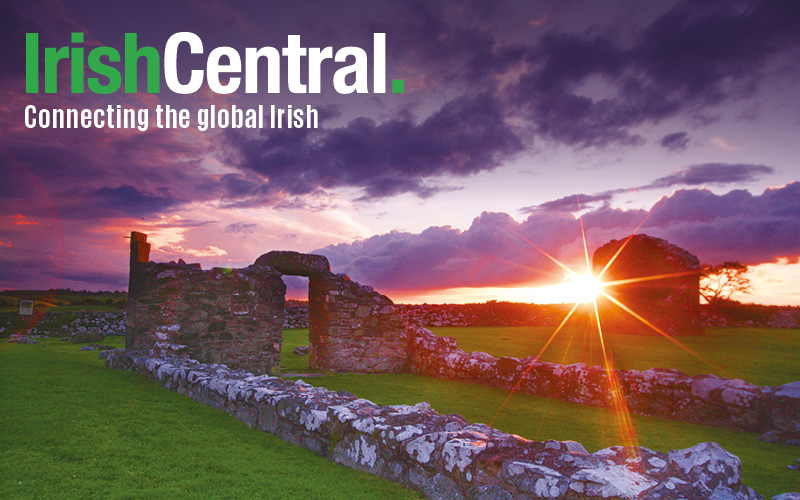| Are you at a higher risk of having cancer? |
A large study involving 23,000 participants showed that any family history of cancer can significantly increase the risk of cancer development in other immediate family members, even when the types of cancers were of different origin.
The report was published last week in the journal Annals of Oncology, and led by chief researcher, Dr. Eva Negri, who heads the Laboratory of Epidemiologic Methods at the Mario Negri Institute for Pharmacological Research, in Milan, Italy,
While the study confirmed a long understood family Association with certain types of cancers such as breast, esophageal and colorectal malignancies; the study also found an increase in the occurrence of seemingly unrelated cancers, especially when a relative developed the disease at a relatively early age.
Speaking of the findings, Dr. Negri said: "Besides confirming and quantifying the well-known excess risks of people developing the same cancer as their first-degree relative, we have identified increased risks for developing a number of different cancers. We have also found that if a patient was diagnosed with certain cancers when they were younger than 60, the risks of a discordant cancer developing in family members were greater.
The study was also able to factor in the influence of cancer-causing agents such as tobacco and alcohol.
The findings also suggested that the development of rarer types of cancers may be related to genetic factors passed on from relatives who suffered more common types of the disease.
"For some rare cancers, a weak association with a different, common cancer can, on a population level, reveal a higher attributable risk than a strong association with the risk of developing the same cancer. For example, for ovarian cancer we found that a family history of breast cancer had a stronger attributable risk of ovarian cancer than the far rarer, albeit stronger, association with family history of ovarian cancer," says Dr. Negri.




Comments